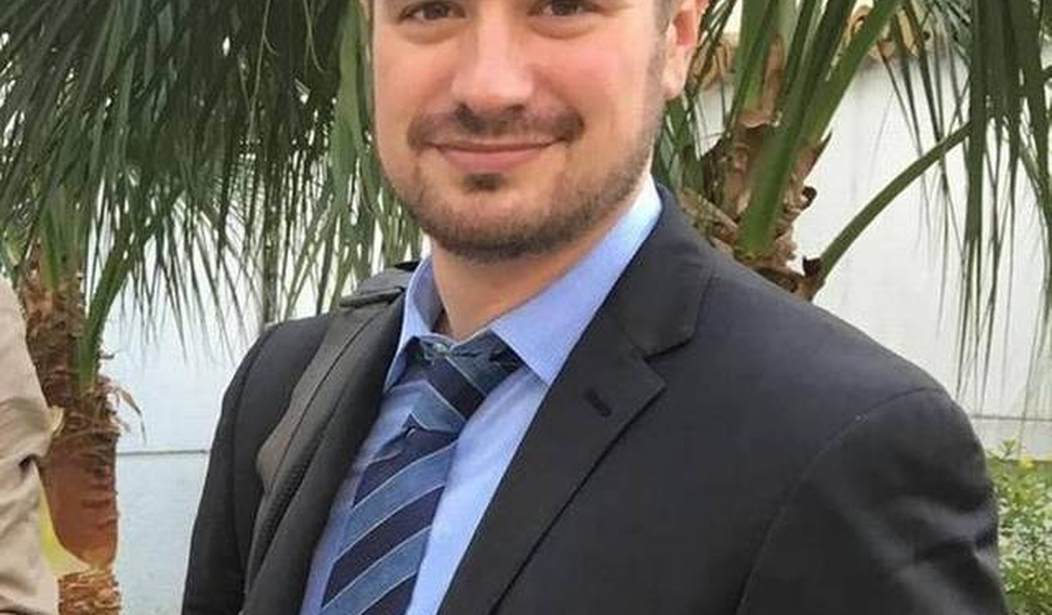A UN human rights investigator from the United States and his Swedish colleague have been found dead after a mid-month kidnapping in the Democratic Republic of the Congo.
On March 13, the Congolese government reported that Michael Sharp and Zaida Catalan, along with four Congolese companions, had “fallen into the hands of negative forces not yet identified.” The team had been investigating human rights violations near Bunkonde, a remote village southeast of Kinshasa and not far from the Angola border.
Information Minister Lambert Mende said in a statement at the time that the country’s security services were working with the United Nations “to obtain the liberation of the kidnapped persons.”
The government said Tuesday that the bodies of two Caucasians — a woman who had been decapitated and a man — and one Congolese, later identified as their interpreter, had been discovered by villagers in a shallow grave near the city of Kananga, near the area of their disappearance.
UN Secretary-General António Guterres confirmed that the remains were those of Sharp and Catalan.
“Michael and Zaida lost their lives seeking to understand the causes of conflict and insecurity in the DRC in order to help bring peace to the country and its people. We will honor their memory by continuing to support the invaluable work of the Group of Experts and the whole UN family in the DRC,” Guterres said.
“It is our hope that the cause of their deaths will be determined following a more thorough examination,” he added. “I trust that the Congolese authorities will conduct a full investigation into this incident. The United Nations will also conduct an inquiry. In case of criminal acts, the United Nations will do everything possible to ensure that justice is done.”
Sharp graduated from Bethany Christian Schools in Goshen, Ind., in 2001 and from Eastern Mennonite University in Harrisonburg, Va., in 2005. He had worked for the Mennonite Central Committee and the Program for Peace and Reconciliation of the Church of Christ in Congo before joining the UN two and a half years ago.
His father, Mennonite pastor and Hesston College professor John Sharp, told the Pittsburgh Tribune that “somewhere along the way from church and home,” his son “absorbed a theology and vision for peacekeeping and trying to bring some resolution to conflict areas.”
“We knew that he would live in areas of conflict, and we were entirely supportive of him — knowing he had to follow his passion and his calling. We knew something like this could happen, and we prayed it would not,” Sharp said.
“…There was nothing unusual about this trip, no reason to suspect this would happen. He had done his homework, checked with all of his sources. There was no reason to suspect this would have happened. It is out of character for UN experts to be treated this way.”
House Foreign Affairs Committee Ranking Member Eliot Engel (D-N.Y.) said he was “outraged” by the news.
“These individuals gave their lives to investigate human rights abuses and sanctions violations at a time when the political and security situation in the Congo is deteriorating and when steep cuts to the UN mission in the DRC proposed by our own government would only make the situation worse,” Engel said. “Their work was heroic and selfless, and it deserves continued support — not devastating cutbacks.”









Join the conversation as a VIP Member